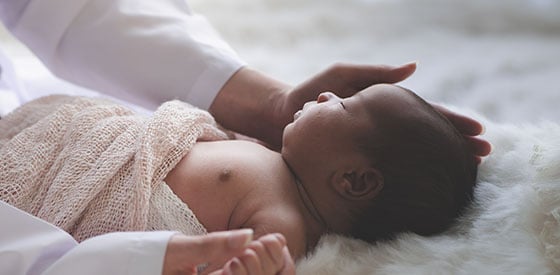What to know
- RSV is a common respiratory virus that usually causes mild, cold-like symptoms.
- Infants and older adults are more likely to develop severe RSV and need hospitalization.
- CDC recommends immunizations to protect infants, some young children, and older adults.

What is RSV?
Respiratory syncytial virus, or RSV, is a common respiratory virus that infects the nose, throat, and lungs. RSV symptoms make it difficult to distinguish it from the common cold or other respiratory viruses (like the flu or COVID-19). RSV spreads in the fall and winter along with other respiratory viruses. It usually peaks in December and January.
RSV can be dangerous for infants and older adults
RSV does not usually cause severe illness in healthy adults and children. However, some people with RSV infection, especially older adults and infants younger than 6 months of age, can become very sick and may need to be hospitalized.
RSV can also cause more severe illness such as bronchiolitis (inflammation of the small airways in the lungs) and pneumonia (infection of the lungs). It is the most common cause of bronchiolitis and pneumonia in children younger than 1 year of age.
In the most severe cases, a person may require:
- Additional oxygen,
- IV fluids if they can't drink enough to stay hydrated, or
- Intubation (have a breathing tube inserted through the mouth and down to the airway) with mechanical ventilation (a machine to help a person breathe).
In most of these cases, hospitalization lasts only a few days.


